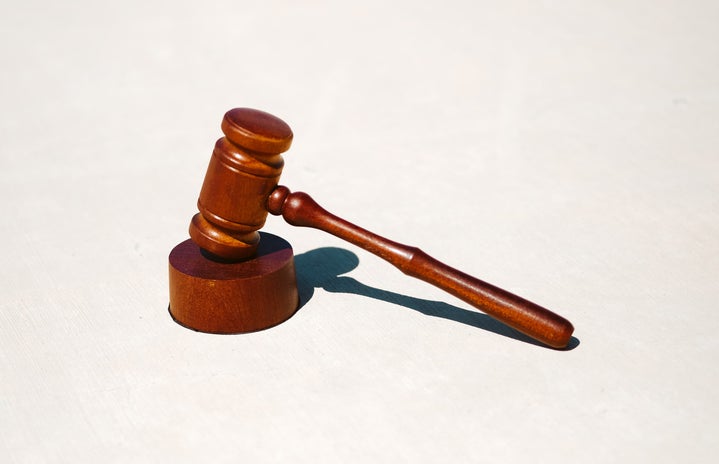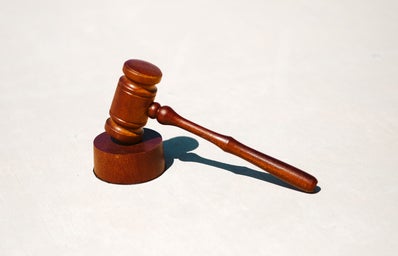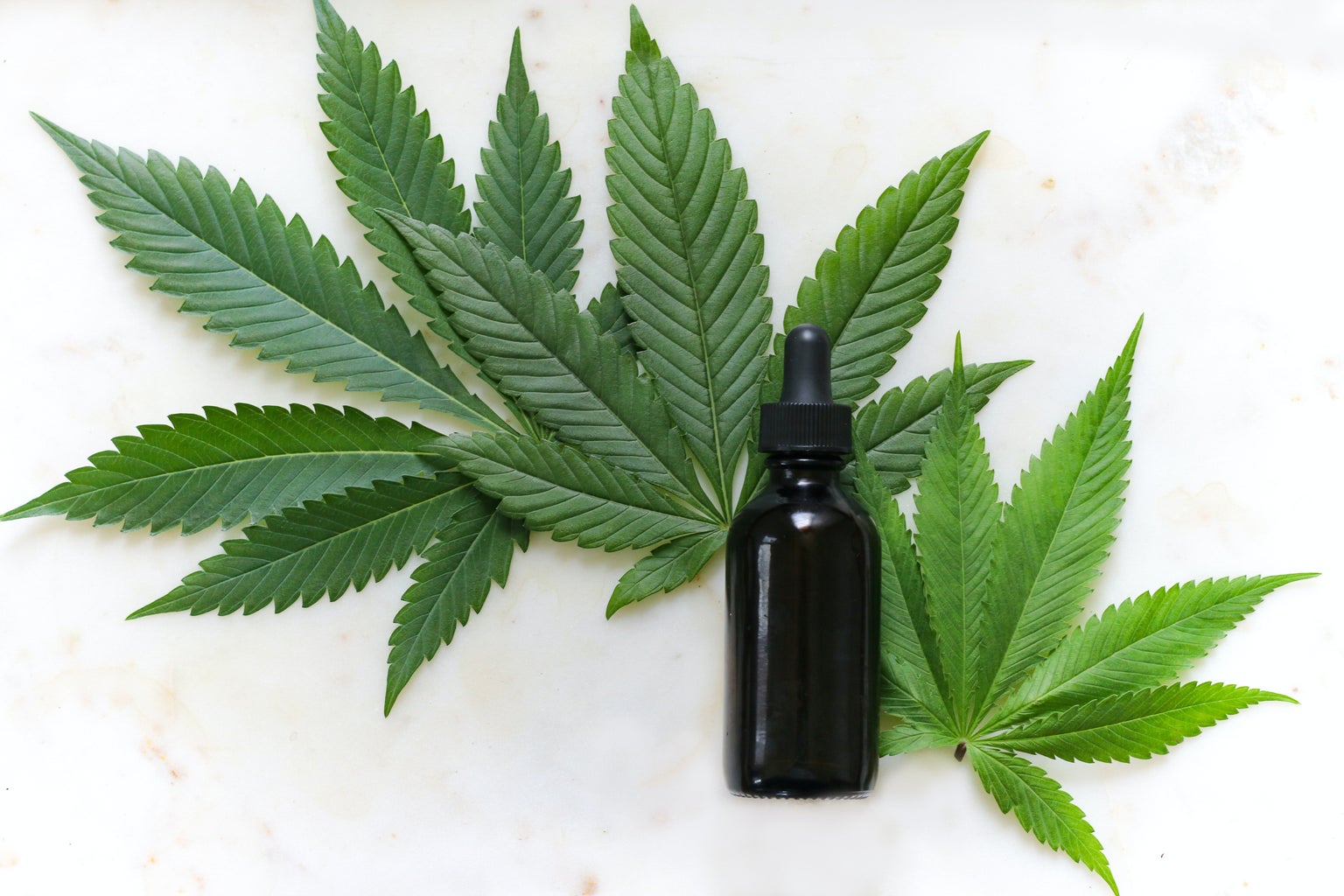Since May 2023, there has been much talk about the potential legalization of marijuana. In fact, the issue is much broader and less straightforward than simply viewing marijuana as a legal drug. To grasp the process of legalizing personal marijuana possession, one must go back to the beginning: in 2015.
The issue began to be judged by the Court in 2015, following an appeal filed by the Public Defender’s Office of São Paulo after a man was sentenced to two months of community service for being caught with three grams of marijuana inside his cell at the Diadema Provisional Detention Center. Before reaching a conclusion, the then-minister Teori Zavascki requested more time to review the case, effectively delaying the trial for a period that extended to eight years.
The full court nearly resumed the trial in 2019, but after meetings between the then-president of the STF, Dias Toffoli, and the Bolsonaro government, mediated by the well-known prohibitionist Osmar Terra, the issue was taken off the agenda. Finally, the agenda was revisited in May of this year, with the first vote cast by Justice Alexandre de Moraes, who replaced Zavascki on the Court after his tragic death in a plane accident in 2017.
Legalization of marijuana?
“It’s important to clarify that what is currently being discussed in the Supreme Federal Court (with a majority in favor) is actually the decriminalization of personal marijuana possession. The Drug Law provides for two categories: Article 28 (personal use) and Articles 33 and following (which are categorized as drug trafficking),” explains Amanda Romero, a lawyer focused on criminal cases and legal consulting. “These are two completely different classifications, as Article 28 is considered a low-level offense, while Article 33 is equated to a heinous crime, with no right to bail and a high penalty ranging from 5 to 15 years.”
Therefore, it becomes evident that the ongoing process in the Supreme Court does not represent the legalization of drugs in general. The Drug Law does not specifically mention marijuana; it only refers to illicit drugs, considering that we have regulated substances like alcohol, tobacco, and medications, which are still considered drugs. This can be brought into debate when we consider that the illegal market emerged and continues to thrive due to prohibition.
“The use of marijuana predates the invention of writing and has been intertwined with the history of civilizations and pharmacopeias. The criminalization of marijuana in Brazil has led the country to have the third-largest incarcerated population in the world since 2006. With the approval of the current drug law (Law 11.343), there has been a 480% increase in the national prison population. One out of every three inmates is incarcerated for drug trafficking, with the vast majority being young Black individuals from marginalized and low-income communities. These statistics, from Infopen, are currently under scrutiny by the Supreme Court in the context of the marijuana decriminalization trial,” reflects Bruno Cardoso, a participant in the organization of the Marcha da Maconha (Marijuana March) in São Bernardo do Campo.
Encouragement of drug use?
What the law proposes is not the encouragement of marijuana use or the promotion of excessive possession of the drug. “The fight remains the same because it’s not about ‘legalizing’ the substance but decriminalizing personal possession within the parameters set by the Supreme Court. In other words, it’s not about changing Article 33, which remains a crime without alteration. The focus is on personal use,” emphasizes Amanda.
It’s worth highlighting that marijuana use can be detrimental to health. “There are studies showing that a person may experience a slight decline in intellectual capacity, and individuals predisposed to schizophrenia may have an increased risk… While some people use it recreationally without major issues, there are others who will use it and encounter problems. Universally legalizing it for recreational use may improve certain aspects, but in some cases and for certain individuals, it could worsen health issues,” suggests Dr. Alexandre Cavalcanti, a geriatrician specialized in Alzheimer’s care and a researcher on the prescription of cannabidiol.
There are indeed risk groups for substances like gluten, sugar, milk, and marijuana is no different; there are risk groups, such as adolescents. However, the lack of regulation in the marijuana market means that the state has no control over the quality of what circulates and who uses it, as Bruno points out: “No illegal dealer asks for ID. Prohibition funds the black market, which expands its territorial dominance and increases its ‘influence’ through financial power. We are in a scenario of social catastrophe; it’s not enough to just decriminalize marijuana. Legalizing the market is the most effective way to combat illegality. Such a measure would create thousands of formal jobs and revenue for the country to invest, as is done in many other countries.”
The central issue in revising the article is to determine whether one can or cannot possess marijuana and how many grams are allowed. “Article 28 of the Drug Law, which will cease to be subjective if the consolidated and majority understanding prevails, will specifically mention the illicit drug marijuana (which remains illicit). However, there will be no penalty for those who possess it for personal use, within the established limitations,” says Amanda.
And for medication? Is it allowed?
Marijuana is a plant, and this plant contains more than 600 different substances. The most well-known ones are CBD, which is cannabidiol, and THC. Cannabidiol does not produce hallucinogenic effects; THC is the substance responsible for alterations in consciousness. Marijuana used for recreational purposes typically has a higher concentration of THC compared to CBD.
In 2022, the Federal Council of Medicine (CFM) issued a new regulation that authorized the prescription of cannabidiol as a medical therapy for the treatment of epilepsy in children and adolescents, while its use in adults was prohibited. This regulation also forbids the prescription of raw cannabis for medicinal use, as well as any other derivatives besides cannabidiol. “Cannabidiol medication is an oil extracted from the plant and can have a range of beneficial effects on our body, such as helping to regulate systems that reduce anxiety, depression, treat insomnia, improve pain…,” Dr. Alexandre explained. It’s clear, therefore, that the use of cannabidiol is essential for certain medical conditions, but accessing it is not so straightforward.
“Unfortunately, medical prescription and legal access to medication are far from being democratized in Brazil, especially among the less fortunate. For example, a low-income individual who smokes low-quality marijuana from the black market to alleviate an anxiety crisis could be a medical patient and be seen that way socially. However, economic barriers and the lack of public policies marginalize the less privileged,” comments Bruno.
All of the prejudice surrounding the marijuana prohibition
The fight against drugs is not just a matter of public safety but also social, racial, and economic issue. Currently, law enforcement approaches are subjective because the law itself is subjective. It doesn’t specifically outline which type of drug, what quantity, and under what conditions one can be considered a “user.” Consequently, users are often categorized as traffickers, leading to convictions and overcrowding in the prison system. Moreover, in the world we live in, it’s easy to presume the skin color of individuals who are typically profiled as criminals.
Bruno recalls that the first prohibition of marijuana use in Brazil dates back to 1830, during the era of slavery when the Municipal Chamber of Rio de Janeiro passed the “pito do pango” law. “The text was extremely racist and aimed to suppress the consumption of marijuana by enslaved people in order to criminalize their culture, similar to what was done with the prohibition of carrying pandeiros, samba gatherings, and capoeira. The policy of criminalization still serves the purpose of marginalizing segments of society and promoting social control over bodies. And, of course, many white-collar individuals benefit from prohibition and see it as a significant electoral platform, given the profile of the Brazilian electorate,” he adds.
One out of every three inmates is incarcerated for drug trafficking, with the vast majority being young Black individuals from marginalized and low-income communities.
Therefore, establishing an objective parameter to differentiate between marijuana users and traffickers is a significant advancement. The way the law is currently structured allows the police to act as judges in their field, choosing who gets arrested or not, determining “who is a criminal or not,” without having a clear and legal criterion for it. The judiciary often relies on factors such as social class, race, and education to decide whether to acquit or convict, as pointed out by the Supreme Court justices themselves. Not only that but with a clearer definition of permitted and prohibited usage patterns, it’s possible that the prison system could see improvement.
“Our prison system is deficient, overcrowded, and ineffective. Currently, it costs over R$2,000.00 to the public coffers for each inmate, and yes, a user who is wrongly categorized under Article 33 when they should be under Article 28 represents an economic burden. It’s also important to address racial issues, skin color, and social class disparities between the rich and the poor,” emphasizes Amanda.
And Bruno concludes, “People should not be treated differently based on the issues we’ve highlighted; decriminalization is about not imprisoning users simply because they are poor. However, it’s not enough to just decriminalize; society and the legislature need to discuss ways of social reparation for those who were victims of this misguided policy. No user should be criminalized, and not just for marijuana. We need to engage in a mature debate about a new drug policy, based on harm reduction and science.”




